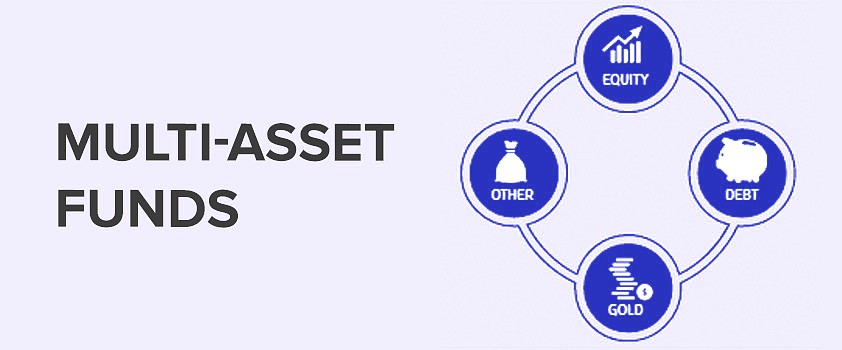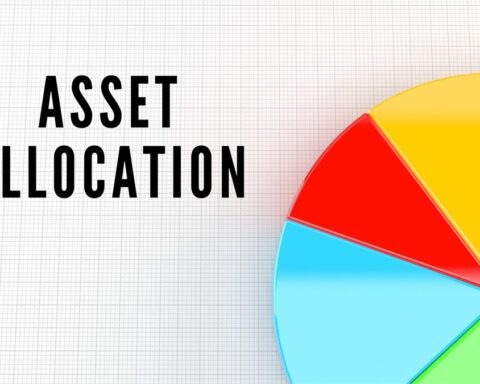While different asset classes react differently to macroeconomic events, not all asset classes, have continuously been winners in the investing world. As a result, asset types such as stocks, bonds, gold, and real estate tend to fare well during their respective economic cycles.
While equities may outperform during periods of significant economic development, debt may outperform during periods of declining interest rates. Similarly, gold may outperform asset types such as equity and debt when they appear unpredictable and uncertain, as gold is considered a safer investment alternative.
However, timing the economic cycles of such asset classes may be difficult for many individual investors without broad access to information. As a result, investors may diversify their investment portfolio across several asset classes to balance risk and reward. Investors may also consider investing in multi-asset funds that invests across multiple asset classes. Therefore, professional fund managers would be better positioned to determine the optimal asset allocation among the assets.
What exactly are Multi-Asset Funds?
According to the SEBI Guidelines on Mutual Fund Scheme Classification, a multi asset fund invests in at least three different asset classes, with a minimum allocation of 10% in each of the three asset classes.
Multi-Asset Fund Taxation
According to tax legislation, mutual fund schemes are divided into equity-oriented funds and other funds based on their investment strategy. Equity-oriented funds invest at least 65% of their net assets in equities and equity-related products. The remaining funds are classed as “other than equity-oriented funds.” Gains from such funds are likewise taxed at varying rates.
| Scheme Classification: | Equity oriented Funds | Other Funds |
| Holding Period | Less than 12 months | Less than 36 months |
| Long-Term Capital Gain | 12 months or more | 36 months or more |
| Tax Rate | 0.1 | 0.2 |
Long-term Capital Gains (LTCG) from the sale or redemption of equity shares and equity-oriented mutual funds are also exempt up to Rs. 1 lakh per year.
If the investor has chosen the “Payout of Income Distribution Cumulative Capital Withdrawal” option (formerly known as the dividend option), they may earn income from such funds. Such income is taxed at the appropriate ordinary tax rates and is also subject to a 10% TDS (Tax Deduction at Source) if the dispersed income from the mutual fund exceeds Rs. 5,000.
Investing in Mutual Funds
Multi-asset funds may be a wise investment option for investors because they provide diversified investing exposure. The professional fund management staff can also manage asset allocation across multiple asset classes. This offers the opportunity to navigate economic cycles while optimising portfolio returns.
Furthermore, while the SEBI requirements require a minimum of 10% investment exposure across all three asset classes, fund managers have the freedom to invest between 10% and 80% in each asset class. Investors can invest in mutual funds online through an AMC’s website or mobile app or physically by sending completed application forms to any of their Official Sites of Acceptance.
Conclusion: Who should put their money into Multi-Asset Allocation Funds?
Multi asset allocation Mutual Funds are recommended for individuals with a moderate risk tolerance who want to earn consistent returns on their investments. The multi-asset allocation strategy assists such investors in spreading out the risk associated with investing in a single asset class. Furthermore, it assures a consistent flow of income for investors even when some asset types are underperforming.
Disclaimer: Mutual Funds are subject to market risk. Please read all scheme-related documents carefully before investing.
Must Read – Here Are The Top 7 Thumb Rules For Investing In Mutual Funds
Must Read – Should You Opt for Liquid Mutual Funds in India?







